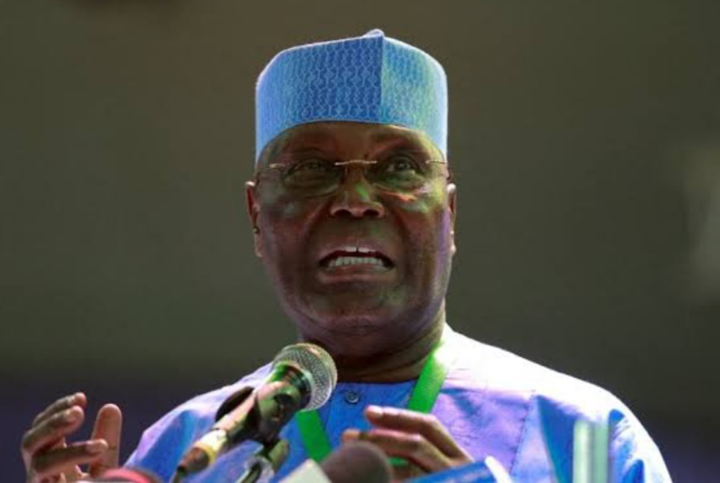The recent call by former Vice President Alhaji Atiku Abubakar for a merger among major opposition parties ahead of the 2027 general elections has stirred varied reactions.
Atiku, the former Peoples Democratic Party (PDP) candidate in the last presidential election, emphasized the need for unity in opposition ranks to counter what he perceives as the increasing dominance of the All Progressives Congress (APC).
He highlighted concerns about the nation’s democracy evolving into a one-party system and warned of potential consequences if the ruling party’s influence goes unchallenged.

While the Labour Party (LP) exhibited reluctance toward the merger proposal, the New Nigerian People’s Party (NNPP) expressed support for the initiative.
Notably, in 2015, a similar coalition of opposition parties played a pivotal role in President Muhammadu Buhari’s victory over then-President Goodluck Jonathan.
Atiku asserted, “The truth of the matter is that our democracy is fast becoming a one-party system.”
He urged opposition forces to unite, stressing that the fight to protect democracy transcends individual interests.
Supporting this viewpoint, communication strategist Murkthar Suleiman in Abuja stated that a robust opposition merger could pose a formidable challenge to the APC in 2027.
Suleiman highlighted the historical significance of a strong opposition, citing Buhari’s victory in 2015 as an example.
However, skepticism looms over the feasibility of such a merger, with potential roadblocks including disagreement over the flag bearer, selection of a running mate, and concerns about the party’s name.
Suleiman acknowledged these challenges, noting that the popularity of the PDP poses a hurdle for any new coalition.
Meanwhile, some critics, including lawyer and rights activist Deji Adeyanju, dismissed Atiku’s call as selfish, questioning its sincerity.
Adeyanju argued that Atiku’s persistent political ambitions might hinder genuine collaboration within the opposition.
He also warned that APC stalwart Bola Tinubu could exploit internal divisions to thwart opposition unity in 2027.
As the debate on a potential merger unfolds, questions linger about the practicality of overcoming internal differences among opposition figures and crafting a united front capable of challenging the ruling party in the upcoming elections.
Support InfoStride News' Credible Journalism: Only credible journalism can guarantee a fair, accountable and transparent society, including democracy and government. It involves a lot of efforts and money. We need your support. Click here to Donate
